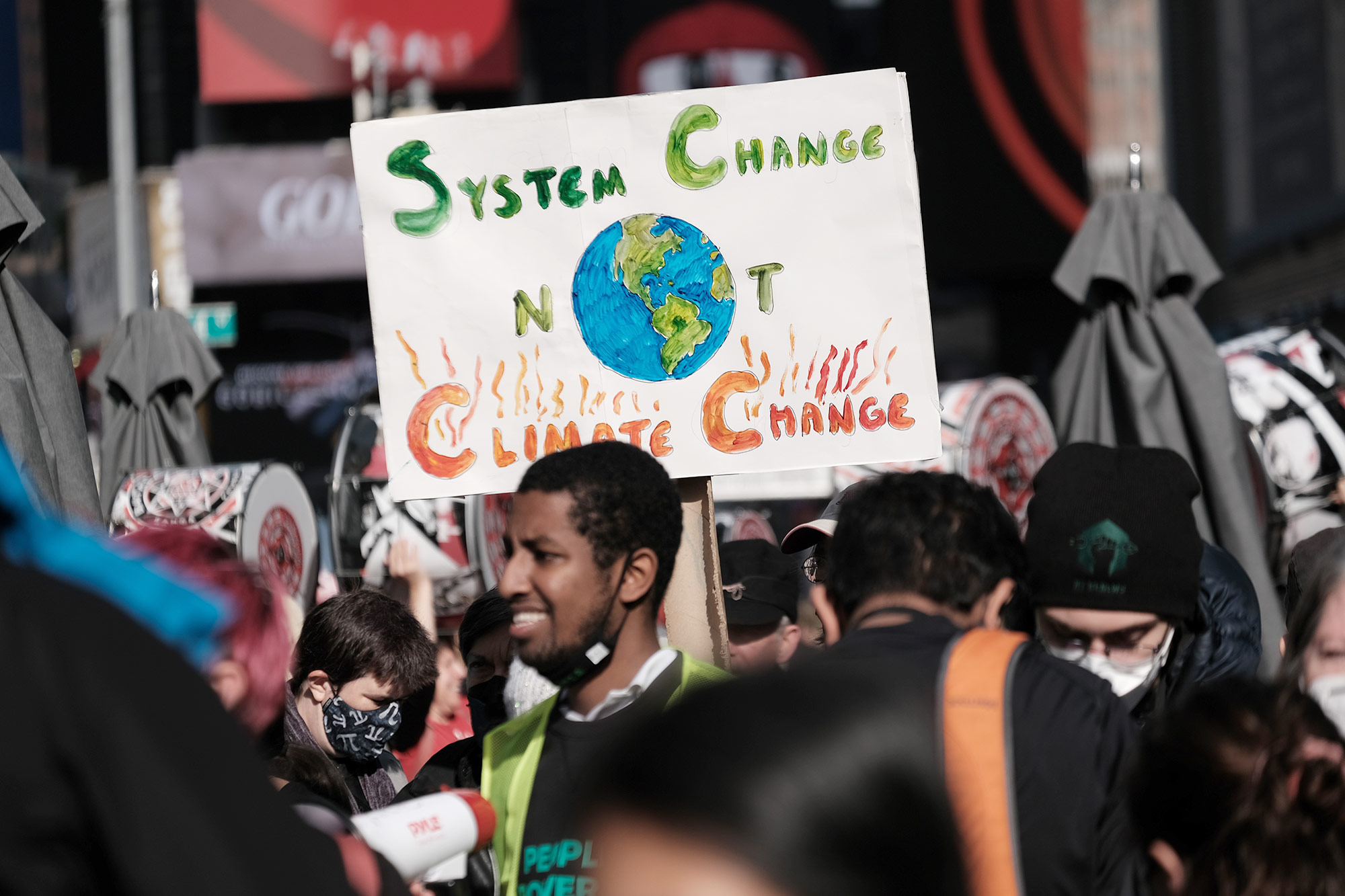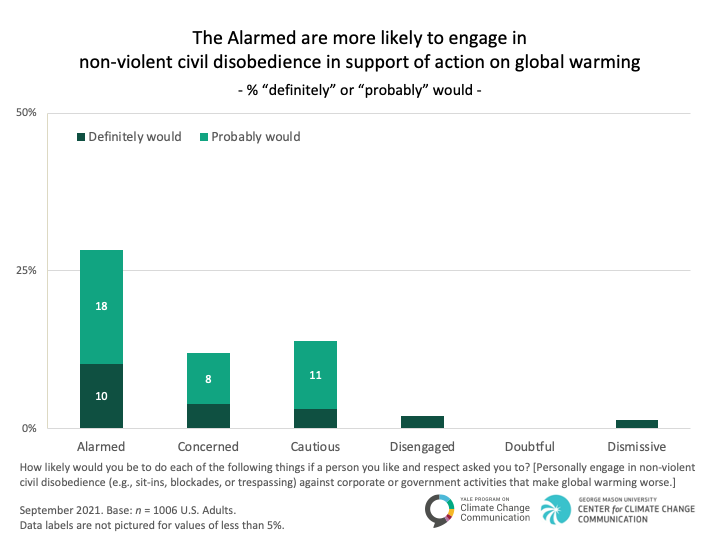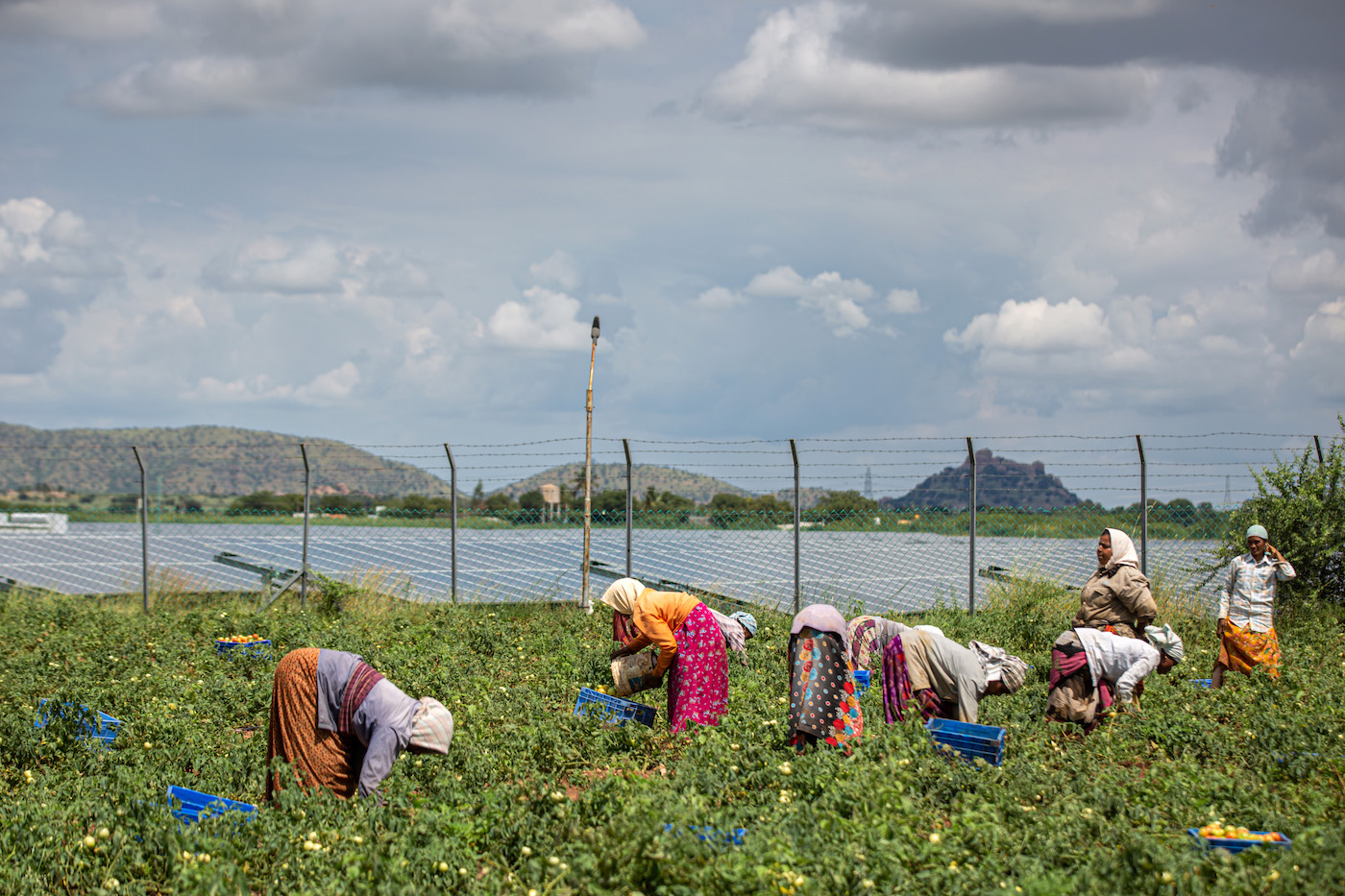Karlysymon
Superstar
- Joined
- Mar 18, 2017
- Messages
- 6,824

View attachment 69305

Climate Change Will Kill National Sovereignty As We Know It
A concept that came out of the Thirty Years War could become obsolete in the age of ecological apocalypse.www.bloomberg.com
"As we collectively hurtle into the era of climate change, international relations as we’ve known them for almost four centuries will change beyond recognition. This shift is probably inevitable, and possibly even necessary. But it will also cause new conflicts, and therefore war and suffering.
Since the Peace of Westphalia in 1648, diplomats have — in peacetime and war alike — for the most part subscribed to the principle of national sovereignty. This is the idea, enshrined in the Charter of the United Nations, that foreign countries have no right “to intervene in matters which are essentially within the domestic jurisdiction of any state.”
Now, however, there’s an even more powerful case against sovereignty, put forth by thinkers such as Stewart Patrick at the Council on Foreign Relations. It’s that in a world where all countries collectively face the planetary emergency of global warming, sovereignty is simply no longer a tenable concept."




4-Day work week

4-day work-week, change in salary: India's new labour codes likely in FY 2022-23
If the new labour codes are implemented, there's a likelihood that employees in India may be able to enjoy a four-day workweek from next year, as opposed to the current five-day workweek.www.hindustantimes.com
India- These startups tried the 4-day work week and it worked

Lawmakers lining up behind bill to bring four-day work week to America
The measure is a move “toward a modern-day business model that prioritizes productivity, fair pay, and an improved quality of life for workers across the country.”thehill.com



Davidson had posted the article some pages back
Wow several of these articles fit that description and you can add this one to the list:
If You Think Vaccine Mandate Pushback is Bad...
At some point, governments will start using more sticks than carrots to break our deadly dependence on fossil fuels. How will humanity respond?
